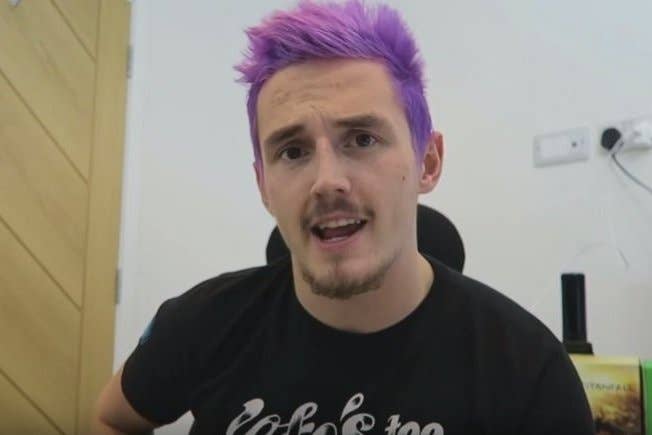FTC slaps Machinima for deceptive Xbox One ad campaign
Regulator warns against paying YouTubers to promote products without disclosure
The Federal Trade Commission today announced that it had settled charges against Machinima for deceptive practices. The regulator cited violations of the FTC Act in relation to an Xbox One advertising campaign the video entertainment company ran around the system's launch.
The campaign consisted of two phases. In the first, Machinima paid five of its YouTube personalities to each create a pair of Xbox One videos. The company placed a number of conditions on the videos, instructing them to showcase Microsoft's products in a positive light, bring up two to three talking points about Xbox One features they're looking forward to, and discuss additional talking points about what they liked in the launch game Ryse: Son of Rome. The agreement also specified that the YouTubers "agree[d] to keep confidential at all times in perpetuity all matters relating to" the deal.
According to the complaint, YouTuber Adam Dalhberg (SkyVSGaming) was paid $15,000 for the two videos, while Tom Cassell (TheSyndicateProject) received $30,000 for his two videos.
In a second phase of the campaign, Machinima offered any of its YouTube influencers $1 for every 1,000 views their promotional Xbox One videos received, up to a total of $25,000 for the entire campaign. Those videos had different requirements, but they could not contain any negative or disparaging remarks about Machinima, Xbox One, or the system's launch titles, and once again the agreement had to be kept confidential. When asked for a complete list of influencers who participated in the program, a representative told GamesIndustry.biz it couldn't be provided, saying FTC's investigations are not public. However, the FTC did say that 300 videos were created for the program, generating more than 30 million views collectively. Machinima's Microsoft campaigns first came to light in early 2014, shortly after the Xbox One launch.
As part of the settlement, Machinima is prohibited from running similarly deceptive ads in the future and must require YouTubers to clearly disclose when they have been compensated for endorsements. It faces no other fines or penalties, as an FTC representative said the regulator has no authority to seek fines or civil penalties for a breach of the FTC Act. However, if Machinima were to now violate the settlement it agreed to, the FTC could fine it up to $16,000 for each violation.
As for Microsoft and its advertising agency for the campaign, Starcom MediaVest Group, the FTC is taking no action against them.
"[W]hile Microsoft and Starcom both were responsible for the influencers' failure to disclose their material connection to the companies, Commission staff considered the fact that these appeared to be isolated incidents that occurred in spite of, and not in the absence of, policies and procedures designed to prevent such lapses," the FTC said. "The companies also quickly required Machinima to remedy the situation after they learned that Machinima was paying influencers without making the necessary disclosures."
Given that the offended videos were offending specifically because they didn't disclose that they had been compensated, it's difficult to say how many of them remain accessible. However, as of this writing, there is at least one video on Cassell's YouTube channel that meets the criteria laid out by Machinima in the first phase of the advertising campaign. At the end of the video, Cassell thanks Microsoft and developer Crytek "for the opportunity" to play the game early, but does not say anything about a paid endorsement. The video's description is similarly devoid of any such disclosure.

